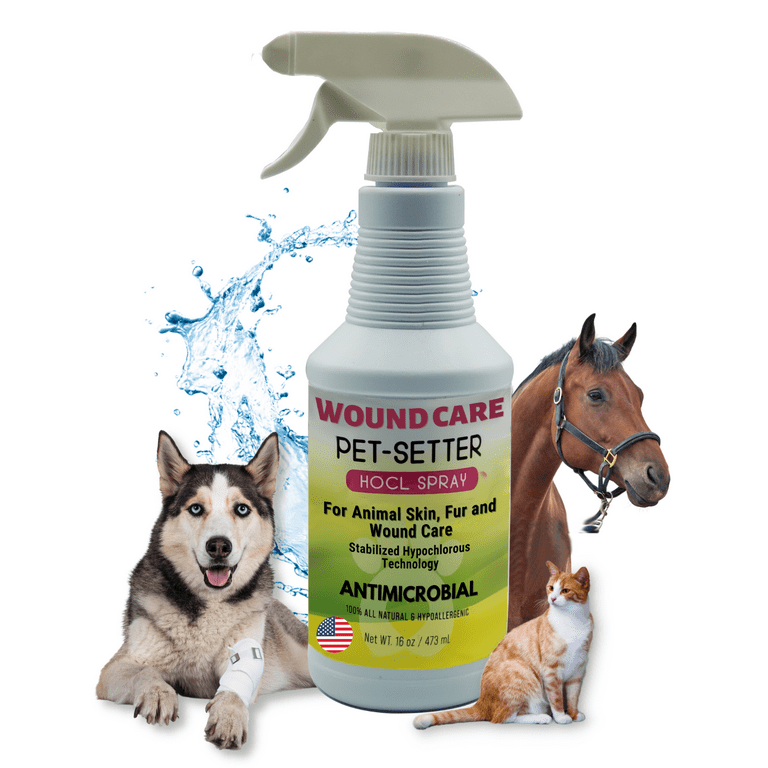Purr-fect Pointers Sage Advice from Feline Friends
Understanding Your Feline Friend
Cats are fascinating creatures, each with their own unique personalities and quirks. Understanding your feline friend is key to providing them with the best care possible. From their body language to their preferences in toys and treats, taking the time to learn about your cat will strengthen the bond between you and ensure their happiness and well-being.
Creating a Safe and Stimulating Environment
Cats are natural explorers and hunters, so it’s important to create an environment that allows them to engage in these behaviors safely. Provide plenty of vertical space for climbing and perching, as well as hiding spots where they can retreat when they need some alone time. Interactive toys and puzzle feeders can also help keep your cat mentally and physically stimulated, preventing boredom and unwanted behaviors.
Respecting Their Independence
Unlike dogs, cats are independent creatures who value their freedom and autonomy. While they may enjoy spending time with their human companions, they also need plenty of alone time to recharge and relax. Respect your cat’s boundaries and allow them to come to you for attention on their own terms. This will help build trust and strengthen your bond over time.
Feeding Your Feline Friend
Proper nutrition is essential for your cat’s health and well-being. Choose a high-quality cat food that is appropriate for their age, size, and activity level, and avoid feeding them table scraps or human food, which can be harmful to their digestive system. Remember to provide fresh water at all times, and consider feeding your cat smaller, more frequent meals throughout the day to mimic their natural hunting behavior.
Understanding Feline Communication
Cats communicate primarily through body language, vocalizations, and scent marking. Pay attention to your cat’s cues to better understand their moods and needs. For example, a swishing tail or flattened ears may indicate agitation or fear, while a slow blink is a sign of trust and affection. By learning to speak your cat’s language, you can strengthen your bond and resolve conflicts more effectively.
Providing Regular Veterinary Care
Regular veterinary care is crucial for keeping your cat healthy and happy. Schedule annual wellness exams to monitor their overall health and catch any potential issues early. Keep up with vaccinations, parasite prevention, and dental care to ensure your cat stays in tip-top shape. If you notice any changes in your cat’s behavior or health, don’t hesitate to contact your veterinarian for advice.
Enriching Their Environment
In addition to providing physical stimulation, it’s important to enrich your cat’s environment mentally. Rotate their toys regularly to keep them engaged, and consider introducing new toys or activities to prevent boredom. Puzzle feeders, treat-dispensing toys, and DIY enrichment activities like hiding treats or creating a cardboard castle can provide hours of entertainment for your feline friend.
Respecting Their Preferences
Every cat is unique, with their own likes and dislikes. Pay attention to your cat’s preferences when it comes to food, toys, and grooming. Some cats may prefer wet food over dry, while others may enjoy feather toys more than balls or mice. By respecting your cat’s individual preferences, you can ensure they feel comfortable and content in their environment.
Building a Strong Bond
Building a strong bond with your cat takes time and patience, but the rewards are well worth the effort. Spend quality time with your cat each day, whether it’s playing, grooming, or simply relaxing together. Use positive reinforcement techniques like treats and praise to reward good behavior and strengthen your bond. With time and patience, you’ll become your cat’s favorite companion. Read more about pets know best tips





